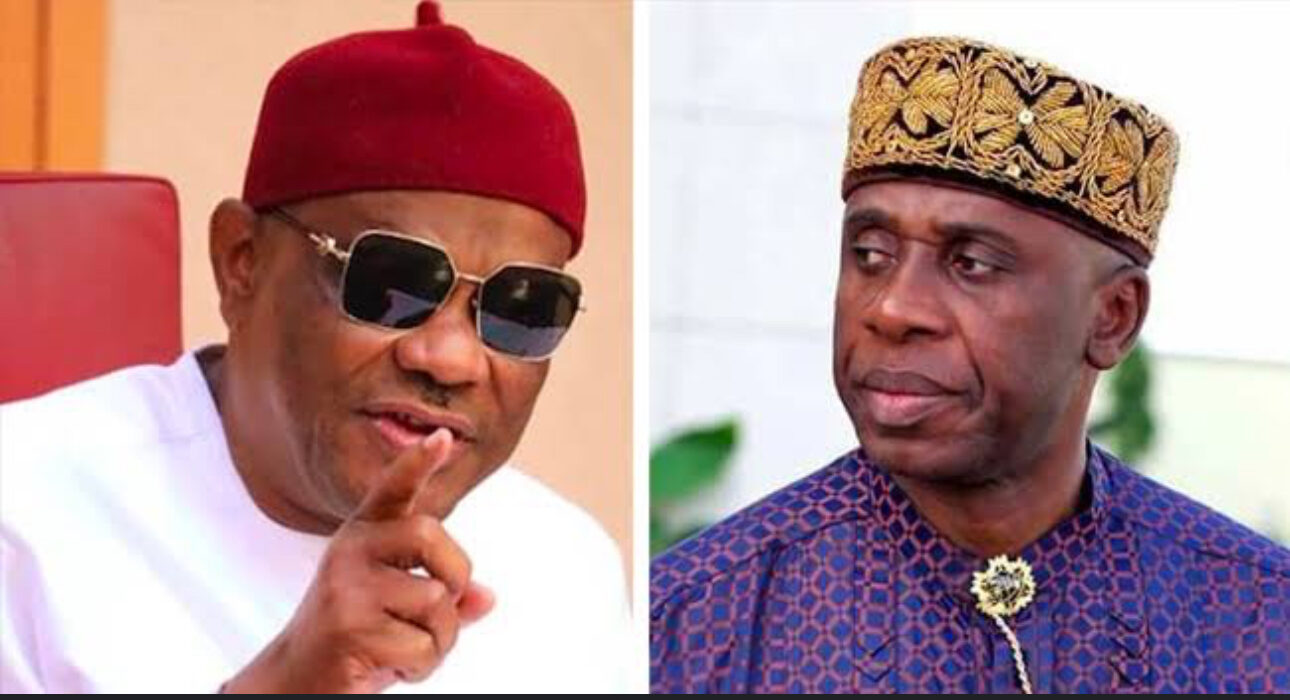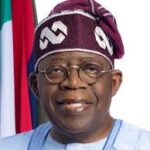Amaechi Questions Wike’s Disrespect, Dares Him to Walk from Abuja to Port Harcourt

Former Governor of Rivers State and ex-Minister of Transportation, Rotimi Amaechi, has voiced his dismay over what he described as the persistent disrespect shown to him by his political successor and current Minister of the Federal Capital Territory (FCT), Nyesom Wike.
In a frank interview on Channels Television’s Politics Today, Amaechi addressed the ongoing friction between the two once-close allies, stating that he remains puzzled by Wike’s behavior.
“I don’t know why he doesn’t respect people like us,” Amaechi said during the interview. “I am older than him. I brought him up in politics. Who is he?” His comments underline the strain that has defined their relationship in recent years, despite Wike having served under Amaechi as Chief of Staff during the latter’s time as Rivers State governor.
Further deepening the rhetoric, Amaechi challenged Wike to a symbolic test of public acceptance and grassroots popularity by daring him to walk from Abuja to Port Harcourt without security escort. “Let him do it if he’s really loved by the people,” Amaechi added, insinuating that Wike’s current political influence might be more manufactured than genuine.
The interview also confirmed Amaechi’s recent resignation from the All Progressives Congress (APC), a party he once helped build and under which he served in President Muhammadu Buhari’s cabinet. His exit from the APC signals a new chapter in his political career and possibly a repositioning ahead of the 2027 general elections.
The comments made by Amaechi are the latest in a long series of public confrontations between him and Wike. Once allies in the Peoples Democratic Party (PDP), their relationship began to fracture during Amaechi’s second term as governor, and deteriorated entirely when Wike succeeded him in 2015.
Observers believe the increasingly personal tone of their feud reflects deeper political calculations, especially within Rivers State, a critical stronghold in Nigerian politics.
Their rivalry has come to symbolize the broader contest between old political structures and new power blocs within the region.
Amaechi’s remarks not only reignite tensions with Wike but also raise questions about potential political realignments. With both men wielding considerable influence and eyeing strategic positions ahead of the next electoral cycle, the public war of words may be just the beginning of a much larger political battle.








